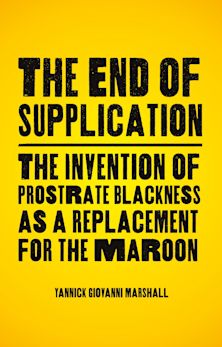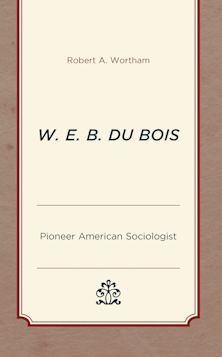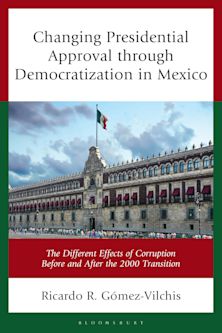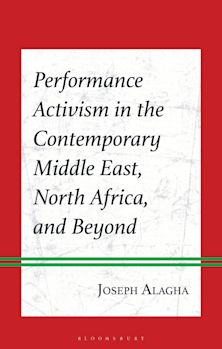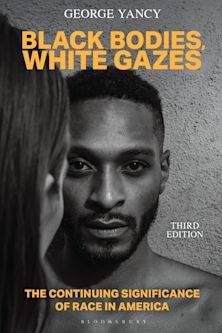- Home
- ACADEMIC
- Politics & International Relations
- Race and Ethnicity
- W.E.B. Du Bois and the Problems of the Twenty-First Century
W.E.B. Du Bois and the Problems of the Twenty-First Century
An Essay on Africana Critical Theory
W.E.B. Du Bois and the Problems of the Twenty-First Century
An Essay on Africana Critical Theory
You must sign in to add this item to your wishlist. Please sign in or create an account
Description
W. E. B. Du Bois and the Problems of the Twenty-First Century utilizes Du Bois's thought and texts to develop an informed critical theory of contemporary society. This book broadens the base of critical theory, making it more multicultural, transethnic, transgender, and non-Western European philosophy focused by placing it in dialogue with theory and phenomena that had been heretofore woefully neglected. Taking the preeminent black intellectual of the twentieth century as his primary point of departure, Reiland Rabaka identifies and analyzes several key contributions that Du Bois and the black racial tradition offer to those interested in redeveloping and racially revising contemporary critical social theory. With chapters on critical race theory, postcolonial theory, feminism, and Marxism, this volume builds bridges from Africana Studies to disparate discursive communities, accessibly demonstrating Du Bois's, and the black radical tradition's, contributions to, and the potential impact on, a wide-range of new social scientific research and radical political struggles.
Table of Contents
Chapter 2 Du Bois's Concepts of Race, Critiques of Racism, and Contributions to Critical White Studies and Critical Race Theory
Chapter 3 Du Bois and the Politics and Problematics of Postcolonialism
Chapter 4 Du Bois's Critique of Capitalism, Critical Marxism, and Discourse on Democratic Socialism
Chapter 5 Du Bois and "The Damnation of Women": Critical Social Theory and the Souls of Black Female Folk
Chapter 6 Conclusion: Du Bois, the Problems of the 21st Century, and the Reconstruction of Critical Social Theory
Product details
| Published | Feb 03 2007 |
|---|---|
| Format | Ebook (Epub & Mobi) |
| Edition | 1st |
| Extent | 296 |
| ISBN | 9780739162347 |
| Imprint | Lexington Books |
| Publisher | Bloomsbury Publishing |
About the contributors
Reviews
-
Reiland Rabaka is a young, engaged intellectual to be contended with, one with a distinctive cast of mind. His passionate and well-read take on Du Bois will provoke heated debates and fruitful reconsiderations of this towering figure; his conception of 'Africana Critical Theory' will provoke much needed reconsiderations of theoretical tools forged and put to work to produce understandings and emancipatory reconstructions of the life-worlds and life-world situations of peoples African and of African descent. He must be read, and read closely and carefully.
Lucius Outlaw, author of Critical Social Theory in the Interests of Black Folk
-
Nuanced and comprehensive, Reiland Rabaka's work on W. E. B. Du Bois and Africana Critical Theory is unique. Its offering of complex and comprehensive analyses, in clear and engaging prose, provides a valuable resource for academic and activist intellectuals.
Joy James, editor, The New Abolitionists
-
For any serious student of W. E. B. Du Bois or Africana critical theory, this book should be mandatory reading.... For those already familiar with Du Bois's works, Rabaka rewards his readers with original ideas that merit thoughtful consideration whether one accepts them or not.... I expect that we will be reading much more about Du Bois's contributions to critical race theory and postcolonialism, and this book will be considered a leading reference.
Benjamin Sevitch, The Journal of African American History
-
This remarkable book is nothing short of a critique of critical theory itself. The scale of Dr. Rabaka's erudition and insights into the very question of what it means to theorize from the intellectual resources offered by the African Diaspora, without a reactionary exclusion of the contributions from other communities of thought, makes this provocative and historically informed work the long-awaited text that launches the transition from promise to fact.
Lewis R. Gordon, professor of philosophy and Africana studies, University of Connecticut





















